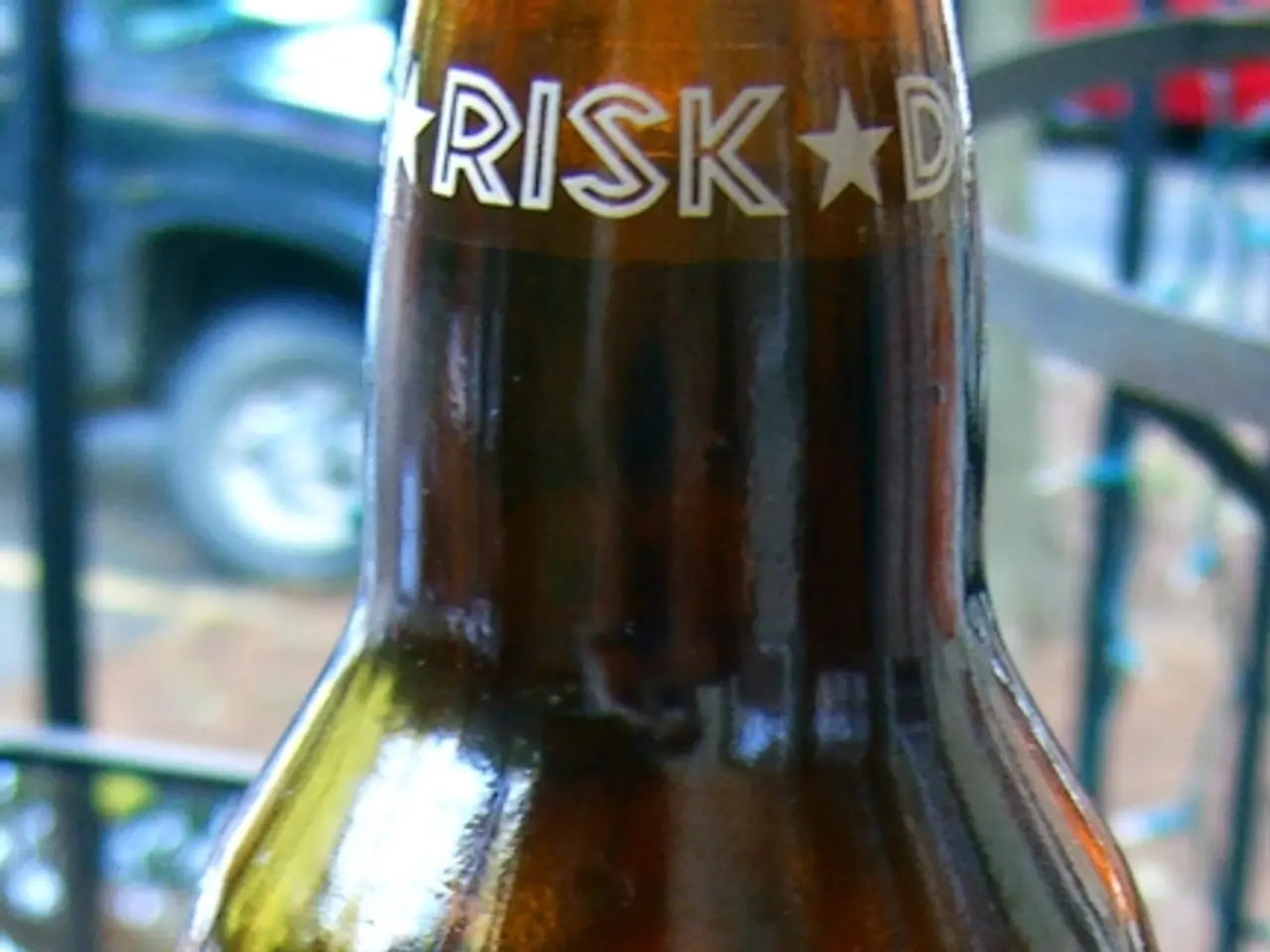Impact of Dehydration on Seniors and Strategies for Maintaining Optimal Hydration
Staying Hydrated: A Crucial Health Tip for Seniors
Dehydration can pose significant health risks for older adults, leading to serious complications such as confusion, rapid heartbeat, low blood pressure, muscle weakness, urinary problems, and in severe cases, organ failure or death [1][2][5]. Seniors are more vulnerable due to physiological changes like reduced total body water, decreased kidney function, and a diminished sense of thirst [2][5].
Recognising the signs of dehydration and understanding the risks can help seniors stay healthier, more comfortable, and more active. Warning signs of dehydration in seniors may include dry mouth or cracked lips, fatigue, weakness, dizziness, headache, confusion or irritability, reduced or dark urine output, dry or less elastic skin, muscle cramps, difficulty walking, low blood pressure, and rapid heartbeat in severe cases [1][2][3][5].
To prevent dehydration, it is essential to make hydration simple and stress-free for older adults. Keeping water within easy reach, offering fluids with meals, and providing variety can help [3]. Encouraging regular water intake, especially at routine times such as waking up or medication times, is also beneficial [3].
Including hydrating foods in the diet, such as watermelon, strawberries, cucumber, and low-sodium broths, can add extra fluids [3][4]. Limiting consumption of dehydrating beverages like caffeine, alcohol, and sugary drinks is advisable [3]. Considering hydrating alternatives like milk, flavoured sparkling water, or electrolyte drinks, after consulting a physician, can also be helpful [3][4].
Being mindful of temperature and physical activity levels is crucial. Avoiding excessive heat exposure can reduce fluid loss [4]. Caregivers can help track how much water is consumed each day, especially for seniors with health conditions that require careful monitoring [6].
Carrying a reusable water bottle can make it easier for seniors to drink water regularly. Making hydration a routine part of daily life helps reduce the risks of dehydration while supporting overall health and well-being. Learning about dehydration risks and prevention for seniors can help families and caregivers take proactive steps to protect their loved ones [7].
Thirst is not always a reliable sign of dehydration in seniors. Seniors should sip small amounts of water frequently throughout the day. Simple daily habits can help seniors stay hydrated, such as drinking water regularly, eating hydrating foods, and limiting caffeine and alcohol intake.
Proper hydration supports the body, the mind, and overall quality of life for seniors. Hydration should be made simple and stress-free for older adults by keeping water within easy reach, offering fluids with meals, and providing variety.





